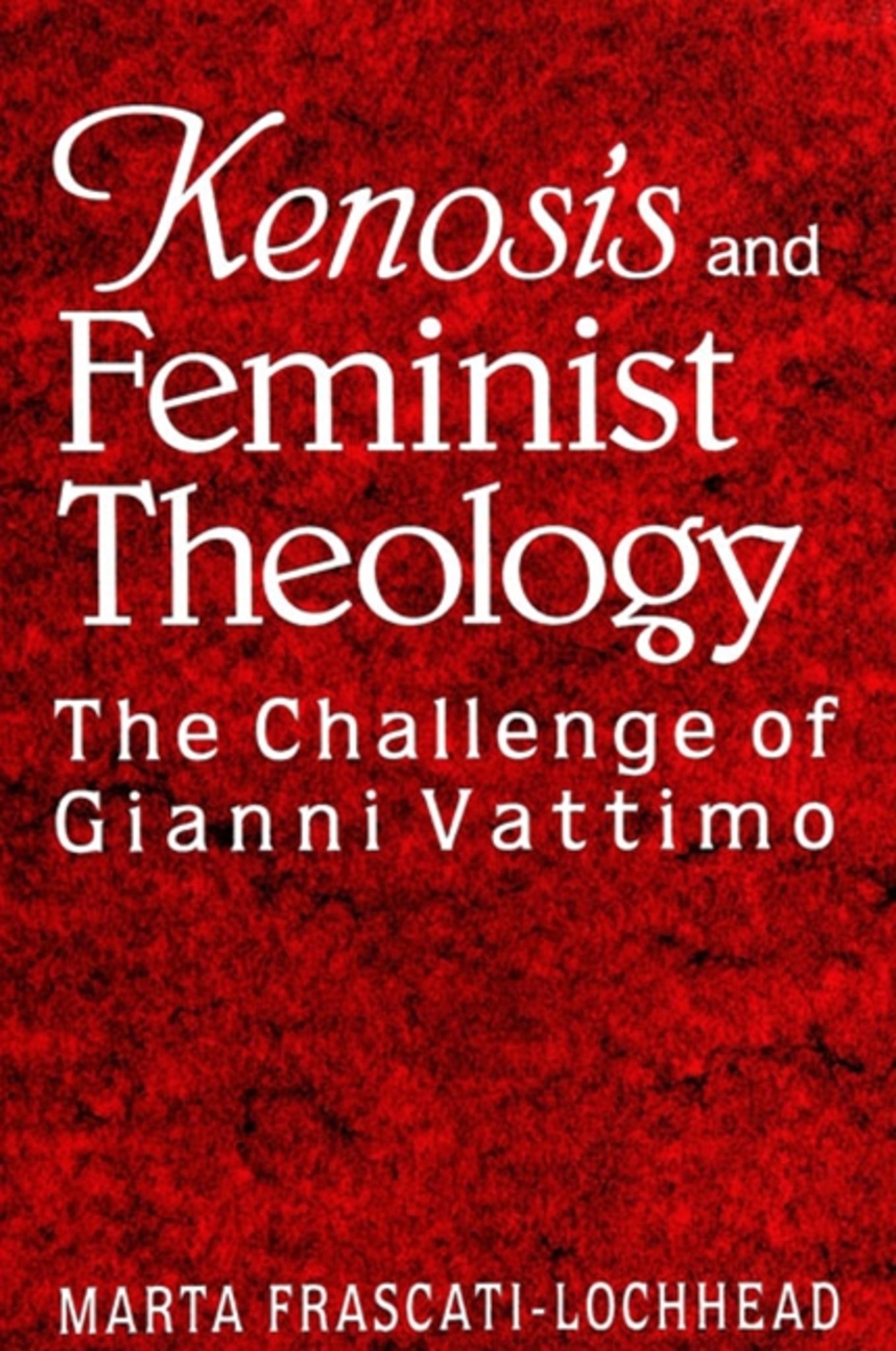We're sorry. An error has occurred
Please cancel or retry.
Kenosis and Feminist Theology

Some error occured while loading the Quick View. Please close the Quick View and try reloading the page.
Couldn't load pickup availability
- Format:
-
27 February 1998

Using a perspective derived from the philosophy of Gianni Vattimo, Frascati-Lochhead explores the response of feminist theology to postmodern theory.
This book addresses crucial issues that postmodern theory has raised for feminism and for feminist theology in particular. Postmodern critiques of metaphysics question whether feminism is ultimately foundationalist and essentialist, attributing an essential nature to "woman" and substituting a new metaphysical theory in place of the patriarchal foundationalism of Western thought.
Marta Frascati-Lochhead develops this critique of metaphysics through a reading of the Italian philosopher, Gianni Vattimo. She shows how, through his interpretation of Nietzsche and Heidegger, Vattimo characterizes the violence of metaphysical thought and concludes that, for emancipatory thought today, "nihilism" is our "sole opportunity." Through a comparison of Vattimo and Derrida on the question of ontological difference, and with reference to Donna Haraway's feminist analysis of cyborg culture, the author demonstrates how Vattimo's perspective might inform an understanding of sexual difference.
Drawing on the connection that Vattimo makes between the dissolution of metaphysics in our time and the Christian understanding of kenosis, the self-emptying of God in the incarnation of Jesus Christ, Frascati-Lochhead examines contemporary feminist theology in order to identify the kenotic movement in its thought. With specific reference to the works of Catherine Keller, Rebecca Chopp, Sallie McFague, and Rosemary Radford Ruether, she shows how contemporary feminist theology belongs to the metaphysical tradition that it would overcome while, at the same time, it moves in an emancipatory, kenotic direction.


"The author has succeeded in providing a new and significant vantage point on the issues facing feminist theology by drawing on the philosophy of Gianni Vattimo. She makes it clear that Vattimo's thought is particularly illuminating for our time, given his exploration of the phenomenon of 'generalized communication.' Complicated issues of post-structuralist thought are treated with laudable clarity." — Richard Grigg, Sacred Heart University
Acknowledgments
Abbreviations
Introductions
1. Toward a Feminist Unmasking of Feminism
2. In the Network of Tradition: The Relation to Nietzsche and Heidegger
3. The Hour of Nihilism
4. Ontological Difference
5. Sexual Difference
6. Kenosis in Feminist Theology
Conclusion
Notes
Bibliography
Index



